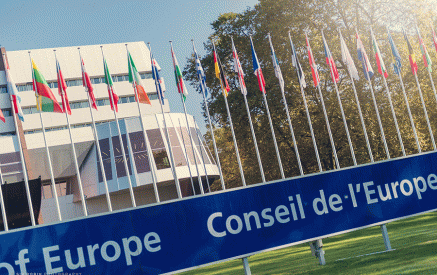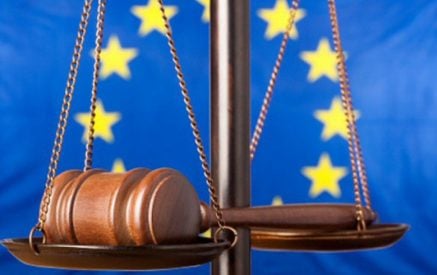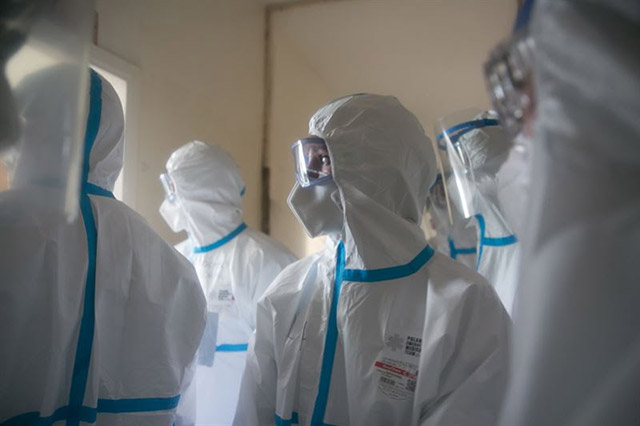In the context of the Covid-19 pandemic, European states should enhance safeguarding measures in processing personal data of children, notably health-related data and data collected in education settings, to minimise potential adverse effects, including the public identification of a child as a Covid-19 carrier, said the Council of Europe’s Committee of Ministers in a declaration focusing on protecting children’s privacy in digital environment, adopted on 28 April 2021.
The Committee of Ministers expressed its concern about the consequences and impact of the Covid-19 pandemic on children as a result of increased online activities and use of online products and services, or of digital exclusion. However, it also acknowledged the opportunities and benefits, such as those presented by remote learning and enabling contact with family and friends and called on the states to “exercise increased vigilance” while taking steps to bridge the digital divide among children to ensure that they can all fully enjoy their human rights.
The Committee of Ministers reminded that information and communication technologies, in general, are an important tool in children’s lives, but the use of these technologies can at the same time generate risks. Notably, the traceability of children’s activities in the digital environment may expose them to criminal activities, such as the solicitation of children for sexual purposes, sexual extortion, child sexual exploitation (including exploitation of sexually explicit content generated by children), or otherwise illegal or harmful activities, such as discrimination, bullying, stalking and other forms of harassment.
Read also
Council of Europe


























































